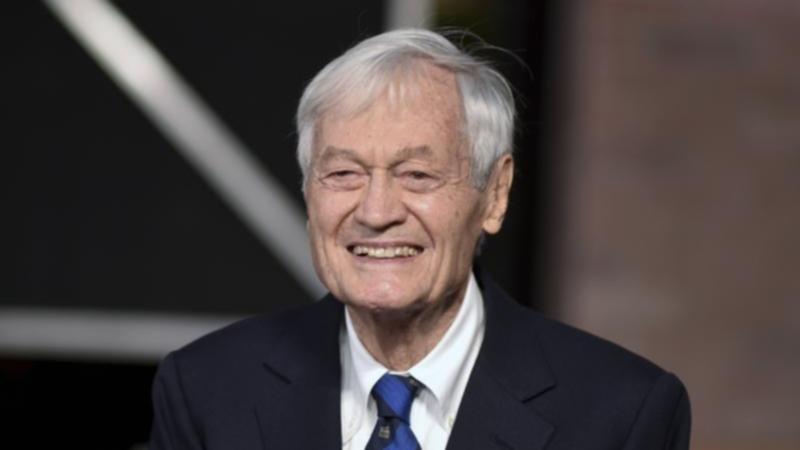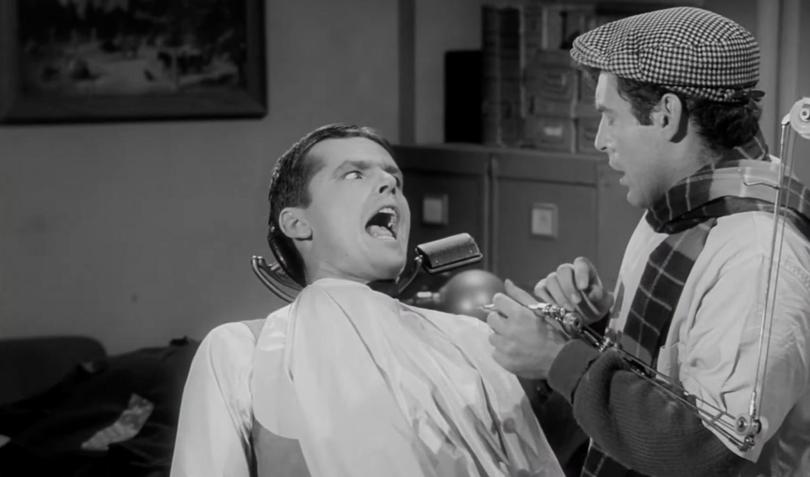Roger Corman death: The godfather of New Wave Hollywood

Roger Corman may not be a household name to every cinemagoer whiling away their Friday nights at the multiplex but he influenced many forms of modern movies.
The filmmaker died this weekend at the age of 98, sparking a wave of tributes from friends, colleagues and admirers.
A prolific artist who directed more than 50 films and served as producer on at least 400, Corman was also known as an incubator of talent, especially in the Hollywood New Wave of the 1970s. He was seen as something of a godfather to a generation of stars including Martin Scorsese, Robert De Niro, Jonathan Demme, James Cameron, Charles Bronson and Ron Howard.
Sign up to The Nightly's newsletters.
Get the first look at the digital newspaper, curated daily stories and breaking headlines delivered to your inbox.
By continuing you agree to our Terms and Privacy Policy.Horror producer Jason Blum (Megan, Paranormal Activity, Get Out), wrote on social media, “The opportunities he created in cinema were abundant on so many levels and many are unaware of the talent discoveries he made over his lifetime. Truly one of a kind.”
Those names include Jack Nicholson, who had a small role in Corman’s 1960 film, Little Shop of Horrors.

In a 2011 documentary, an emotional Nicholson said, “There’s no one in there that he didn’t, in the most important way, support.
“I mean, he was my main connect, my life blood to whatever I thought I was gonna be and as a person. And I hope he knows this is not all hot air. I’m going to cry now. Not just me, who’s very sentimental, but he started people off so I love him.”
Corman made Little Shop of Horrors — which has since been remade in 1982 and spun-off as a stage production — in just two days and one night.
His ability to turn things around quickly – fast, cheap and popular – meant he maintained a track record of profitability over his career.
He was known for his schlocky, B-grade horrors such A Bucket of Blood, his Edgar Allen Poe adaptations and more mainstream fare which included The St. Valentine’s Day Massacre and 1966 biker film The Wild Angels, an influence for Easy Rider.
In 1967, he directed the psychedelic film The Trip, which was written by Nicholson.
Corman gave Scorsese his big directorial break, the 1972 Depression-era crime drama Boxcar Bertha, which Corman produced after he found success with the 1970 exploitation gangster movie Bloody Mama, starring Shelley Winters and a young Robert De Niro in only his fourth screen credit.
After working as Corman’s assistant on the likes of Tower of London and The Terror, Francis Ford Coppola made his directorial debut with the 1963 Corman-produced movie Dementia 13.
Coppola wrote on Instagram, “He was my first boss, taskmaster, teacher, mentor and role model.
“There is nothing about the practical matter of making movies I didn’t learn by being his assistant.”
Ron Howard added, “A great movie maker and mentor. When I was 23, he gave me my first shot at directing. He launched many careers and quietly led our industry in important ways. He remained sharp, interested and active even at 98. Grateful to have known him.”
Corman is survived by his wife, Julie Halloran, and four children.

